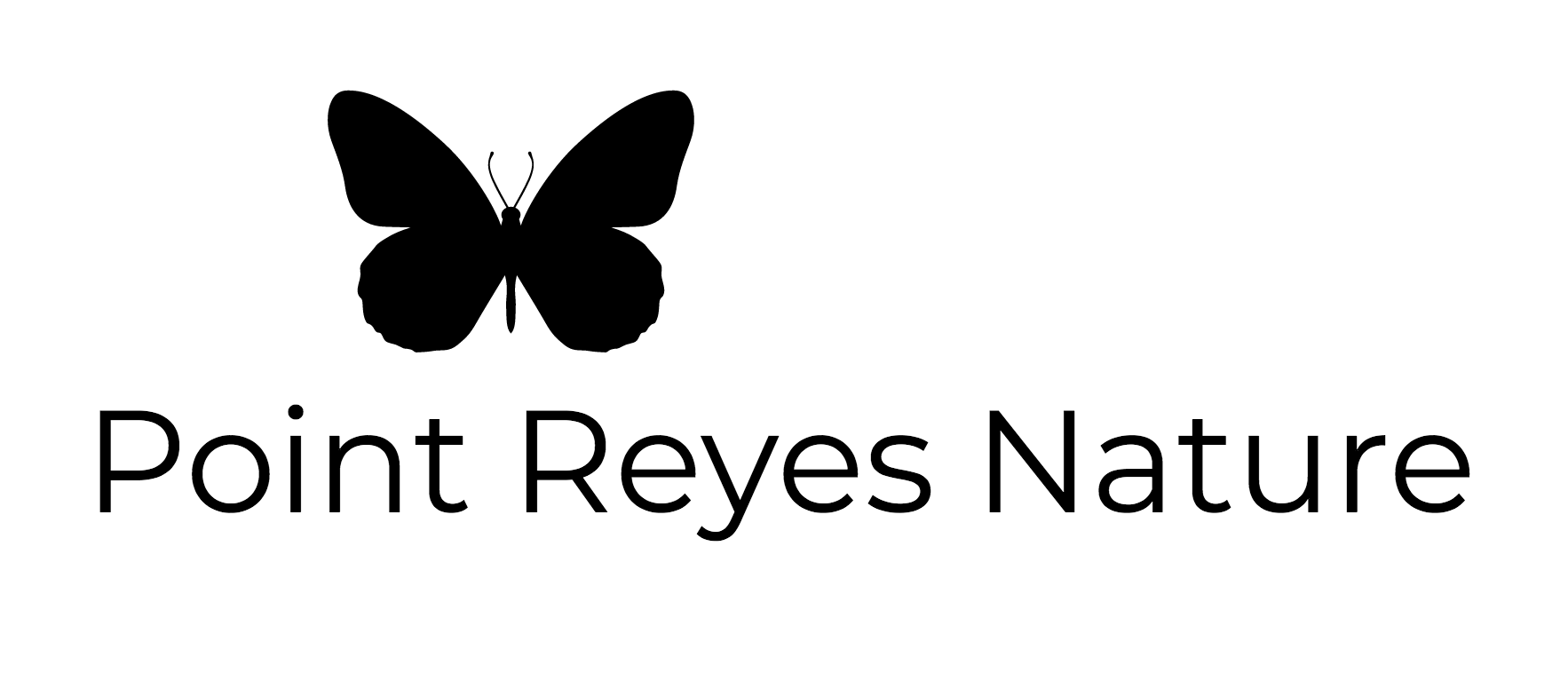06/18/2025 02:00 PM - 03:00 PM PT
Join Bay Nature Magazine and ecologist Sarah Mesnick for a virtual talk about the historic Richmond whaling site on Wednesday, June 18, from 2 - 3pm. Sperm whales, among the world’s largest animals, are long-lived, highly social, speak in dialects, and have the largest brain – and largest noses – on earth. Dr. Sarah Mesnick will share her latest research on sperm whales of the North Pacific Ocean and what is known of their population structure and trends, sociality, foraging habits, communication, and conservation. Her talk will also cover the fascinating history of sperm whales in San Francisco Bay and our changing interactions with them, from the heyday of San Francisco’s Barbary Coast to the last whale taken by commercial whaling in the U.S. at the shore whaling station in Richmon in 1971, to today’s burgeoning whale watching opportunities. We will provide ample time for questions about how and why scientists are pursuing the mysteries of this iconic species of the deep, and what it tells us about ourselves and our evolving relationship with nature. This Richmond whaling site is featured in "A New Story For Sperm Whales" published by Tanvi Dutta Gupta. This talk is free for members and $5 for nonmembers.
About the speaker:
Sarah Mesnick is an Ecologist and Science Liaison at the Southwest Fisheries Science Center (SWFSC), NOAA Fisheries in La Jolla, California, and Adjunct Professor at Scripps Institution of Oceanography, University of California San Diego. Her research focuses on the behavioral ecology of marine mammals. The main goal of these studies is to provide a behavioral framework within which to investigate population structure, population trends, and fishery interactions. More recently, her work has focused on human dimensions of bycatch mitigation both in the US and northeastern Mexico. She works strategically with government agencies, academics, the fishing industry, and non-profits to build multidisciplinary approaches to address marine mammal and fishery interactions while supporting local fishing communities and promoting seafood security. She has worked on sperm whales for nearly 30 years and continues to marvel at the lives of these amazing animals, working with colleagues around the world to unravel mysteries of their social lives and population structure using genetics, photo-identification and passive acoustics to support of conservation and management. Sarah serves on the international recovery team for the world’s most endangered marine mammal, the vaquita (CIRVA), the International Whaling Commission’s Expert Panel on Bycatch Mitigation, and has participated in multiple field studies of sperm whales on large ships and by sail. She is a founding member of the Center for Marine Biodiversity and Conservation (CMBC) at Scripps, where she leads the Sustainable Seafood Initiative. Sarah was born in San Francisco, raised in El Cerrito and attended John F. Kennedy High School in Richmond. She currently lives in San Diego.
